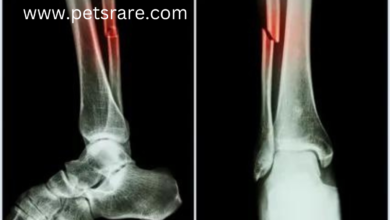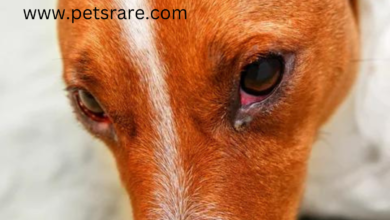Bandicoot liver disease: a limited understanding

Bandicoot liver disease: a limited understanding
Disclaimer: There is currently limited scientific research specifically on bandicoot liver disease. Much of the information available is anecdotal or derived from knowledge of similar marsupials. Consultation with a wildlife veterinarian or marsupial care specialist is critical for accurate diagnosis and treatment.
Understanding bandicoot liver disease

Bandicoots are interesting marsupials, but specific information on their liver health is lacking. However, based on knowledge of other marsupials and general veterinary principles, we can make some educated guesses.
Possible Causes of Liver Disease in Bandicoots:
- Diet: Improper nutrition, including deficiency or excess of certain nutrients, can affect liver function.
- Toxins: Exposure to harmful substances, such as pesticides or contaminated water, can damage the liver.
- Infections: Bacterial, viral or parasitic infections can affect the liver.
- Genetic Predisposition: Certain bandicoot species may be more susceptible to liver problems.
Symptoms of liver disease in bandicoots
Observing bandicoots in the wild for signs of liver disease can be difficult. However, in captive settings, possible symptoms include:
- Loss of appetite
- Weight loss
- Affordability.
Jaundice (yellowing of the skin and eyes) - Swelling in the abdomen
*Change in behavior

Diagnosis of Bandicoot Liver Disease
Diagnosis of liver disease in bandicoots is complex and often requires specialized veterinary care. Tests may include:
- Blood tests to check liver enzyme levels
- Ultrasound to examine the liver
- Biopsy (in extreme cases)
Treatment of Bandicoot Liver Disease
Treatment depends on the underlying cause. Common methods may include:
- Dietary adjustments
- Medicines to treat infections
- Supportive care, such as fluid therapy
- Liver protectant (if available)
Prevention of liver disease in bandicoots
Although specific preventive measures for bandicoot liver disease are limited, general care principles apply:

- Adequate Diet: Provide a balanced diet rich in nutrients.
- CLEAN ENVIRONMENT: Protect bandits from exposure to toxic substances.
- Regular Checkups: If in captivity, regular veterinary exams are essential.
Common Questions About Bandicoot Liver Disease
| Question Answer |
|—|—|
| Can robbers recover from liver disease? | Prognosis depends on the severity and underlying cause. Early detection and treatment increase the chances of recovery. |
| How old is the robber? | Lifespan varies by species, but is usually 2 to 5 years in the wild. |
| Are bandits nocturnal? | Most bandicoot species are nocturnal or crepuscular (active at dawn and dusk). |
| What do robbers eat? | Bandicoots are omnivores, eating insects, worms, fruits and plants. |
Result

Liver disease in bandicoots is a relatively unexplored area. Although common care principles can help prevent liver problems, early diagnosis and specialized veterinary care are essential for treatment. Protecting bandicoot habitats and reducing exposure to toxins is critical to their overall health and well-being.
Disclaimer: This article is for informational purposes only and does not constitute professional veterinary advice. If you suspect your bandicoot has a liver problem, consult a wildlife veterinarian or marsupial specialist immediately.




